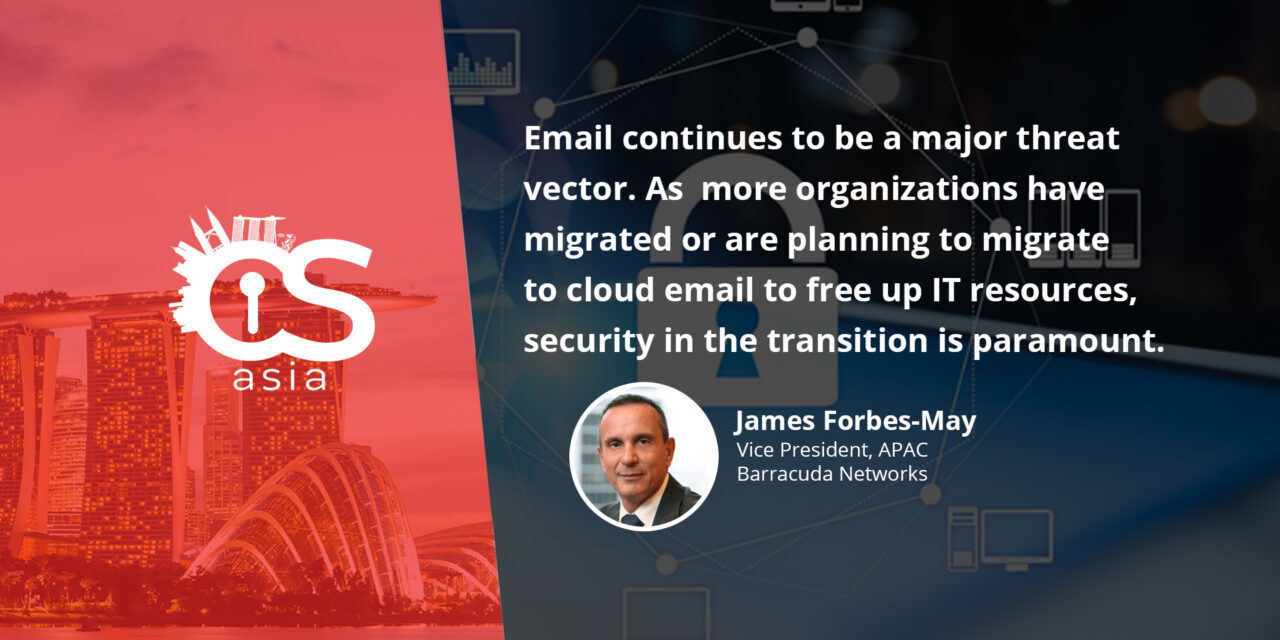Good to know these 7 benefits as APAC accelerates cloud adoption during COVID-19.
The pandemic has disrupted business operations and technology initiatives around the world. The most obvious change has been the rapid cloud adoption and collaborative tools that were already built for remote workers and off-site IT support. Office 365 and Microsoft Teams adoption has grown quickly as companies adjusted to public health mandates. According to Microsoft, “We’ve seen two years’ worth of digital transformation in two months.”
In a market report “Brave the new normal: How companies in Asia-Pacific are overcoming security challenges in a remote workplace” published by Barracuda, 69% of Asia-Pacific organisations has accelerated plans for moving all data to a 100% cloud-based model since the shift to a remote workforce, which they believe a cloud-based model will help reduce IT costs and support business growth. Microsoft continues to add nearly 3.5 million Office 365 users per month to the current 225 million+ individual users. We’ll likely continue to see this number climb as more businesses expand their work-from-home force.
What does this mean for email security? As more organizations make the move to cloud-hosted email, many are also considering cloud email security deployments as well. Cloud email security can not only optimize email protection for those using Office 365 (or other cloud email providers) but offers additional benefits for organizations that are still using Exchange on premises.
Benefits of cloud email security
- Faster deployment and system updates
SaaS solutions are quick to set up, and that receive continuous software and security updates with zero downtime. Migrating from an on-premises email security solution is a quick and easy two-step process. - Refocus IT resources
No hardware to maintain means that you can save excess oversight and maintenance costs and refocus IT teams on more strategic initiatives like user awareness training and proactive threat hunting. - No hidden costs
SaaS solutions are typically priced per-user with predictable monthly or yearly payments. Because there is no hardware, there will be no additional infrastructure investment or unplanned maintenance fees. - Easy to scale
Per-user licensing means that as your business grows, you can add users as needed. Because there’s no hardware to upgrade, adding users to your email security plan won’t cause additional strain on your IT resources. - Streamline traffic flow
If you’ve migrated or plan to migrate to a cloud-hosted email provider, it just doesn’t make much sense to push your inbound and outbound SMTP traffic down to an on-premises security solution. Keep your email in the cloud and reduce any potential latency or unnecessary strain on your network firewall. - Stay compliant
Some SaaS email security solutions will also provide features that help companies achieve compliance, which offers cloud archiving with powerful eDiscovery as well as a full continuity service to keep your business up and running. - Access advanced email security
As cloud email security grows in popularity, security vendors are investing more in cloud security innovation, resulting in advanced cloud email security features. You can benefit from advanced filtering capabilities and CPU emulation sandboxing such as API-based inbox defence for added protection.
Email continues to be a major threat vector. As more organizations have migrated or are planning to migrate to cloud email are looking to free up IT resources, experiencing rapid growth, or looking for better protection against advanced threats, security in the transition is paramount. To find out more about the top email threats and how to strengthen your security posture against them, you can access our free eBook: 13 Email Threat Types to Know About Right Now.

















